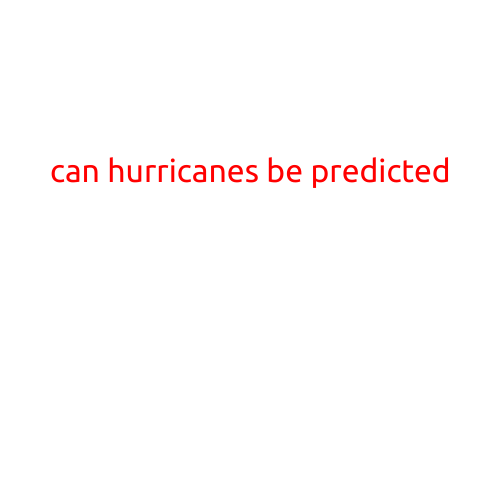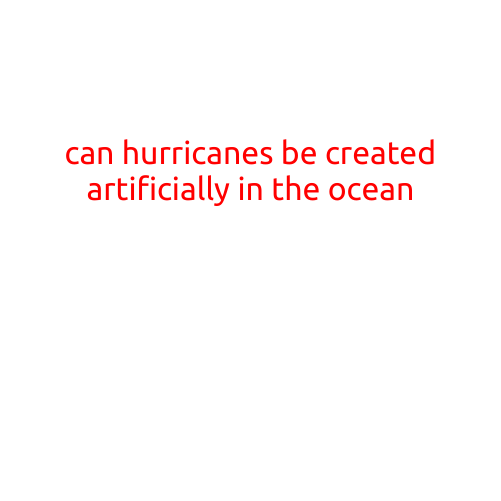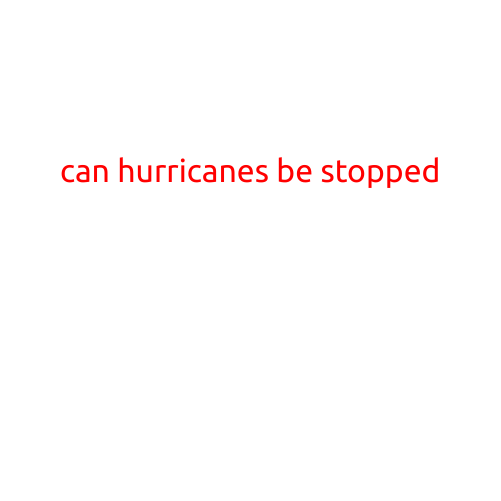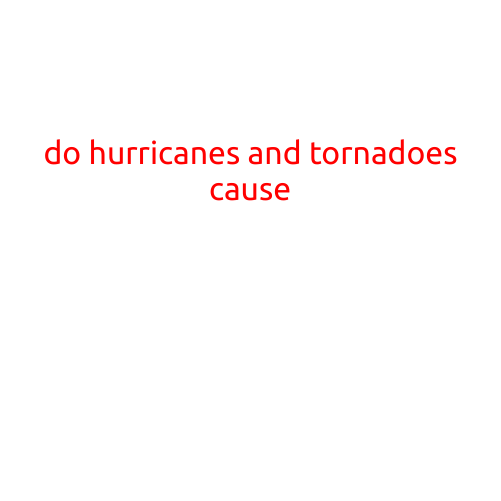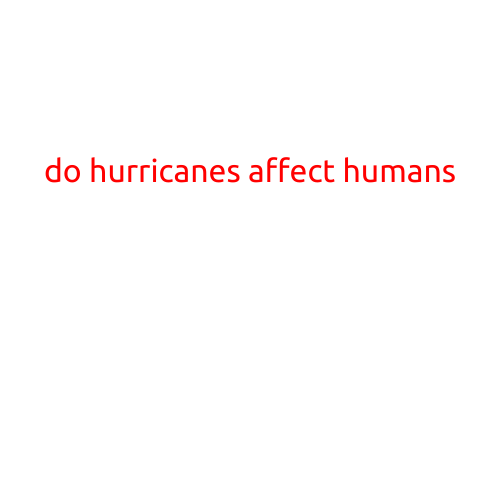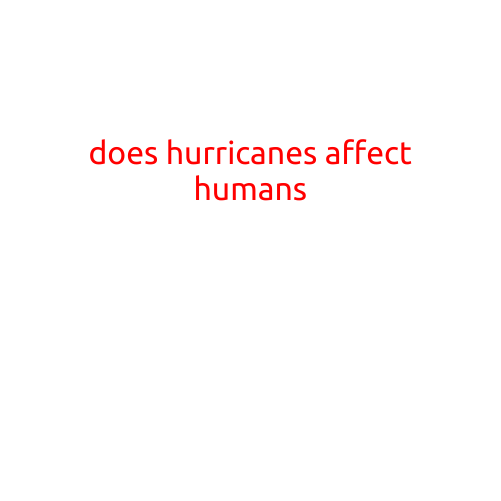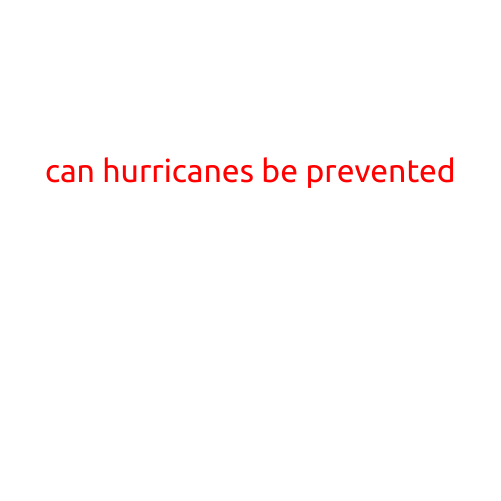
Can Hurricanes Be Prevented?
Hurricanes are one of nature’s most powerful and destructive forces, causing widespread devastation and loss of life across the globe. These powerful storms have the potential to plunge areas into darkness, flood homes, and destroy entire communities. But can hurricanes be prevented? The answer is no, but scientists and experts can take steps to mitigate their impacts and reduce their severity.
Understanding Hurricanes
Hurricanes are rotating storm systems that form over warm ocean waters. They are fueled by the heat and moisture from these waters, which causes the air to rise and create an area of low pressure. As the air rises, it cools, and the water vapor condenses, forming clouds and releasing heat, which in turn fuels the storm further.
Why Can’t Hurricanes Be Prevented?
While it’s not possible to completely prevent hurricanes from forming, research suggests that climate change is affecting the frequency and intensity of these storms. Rising global temperatures are warming the oceans, which can contribute to the formation of more intense hurricanes. Additionally, human activities such as deforestation and land use changes can alter the natural environment, making areas more prone to hurricane impacts.
How to Mitigate Hurricane Impacts
While we can’t prevent hurricanes, there are steps we can take to reduce their impacts. Here are some ways scientists and experts are working to mitigate hurricane damage:
- Accurate Forecasting: Improvements in weather forecasting have enabled scientists to predict hurricane tracks and intensity more accurately, giving people more time to prepare and evacuate.
- Storm Surge Barriers: Coastal regions are building storm surge barriers to protect against the devastating effects of storm surges, which are powerful walls of water that can flood coastal areas.
- Infrastructure Resilience: City planners are designing infrastructure to be more resilient to hurricane winds and flooding, including building codes for new construction and retrofitting existing buildings.
- Early Warning Systems: Emergency management officials are establishing early warning systems to alert people of impending hurricanes, allowing them to take necessary precautions.
- Dune Restoration: Scientists are working to restore natural dunes and beaches, which can help absorb wave energy and reduce erosion.
Conclusion
While we can’t prevent hurricanes, there are steps we can take to reduce their impacts. By understanding the science behind these storms, improving forecasting and infrastructure resilience, and taking proactive measures to mitigate their effects, we can save lives and minimize damage.
Remember, hurricane preparedness is key. Stay informed, stay safe, and stay vigilant.
